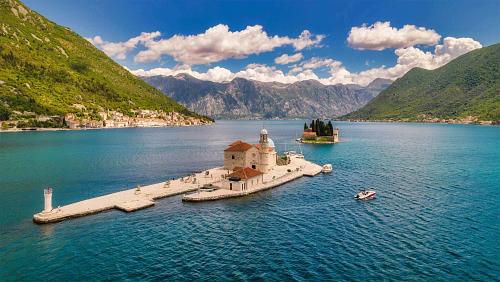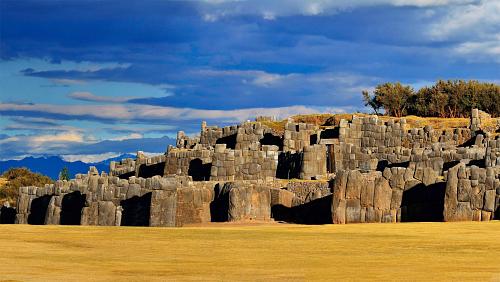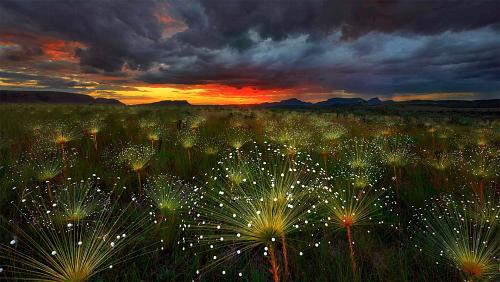The beautiful island of Madagascar is home to some of the world’s most unique and endangered wildlife. However, the country faces significant challenges in managing its waste, which threatens the natural habitats of these precious species. In response to this urgent issue, sustainable solutions are being implemented, including the use of incinerators to tackle wildlife conservation in Madagascar.
The Problem
Madagascar is known for its incredible biodiversity, with a rich variety of flora and fauna found nowhere else on Earth. However, the country’s waste management infrastructure has struggled to keep up with the increasing amounts of rubbish being generated. As a result, waste often ends up in natural habitats, threatening the survival of endemic species such as lemurs, chameleons, and unique plant species.
Incinerators as a Solution
Incineration is a sustainable solution that can help address Madagascar’s waste management challenges while also promoting wildlife conservation. By burning waste at high temperatures, incinerators can significantly reduce the volume of refuse, minimising the amount of waste that ends up in natural habitats. In addition, the energy generated from incineration can be harnessed for electricity production, offering a sustainable energy source for local communities.
Benefits for Wildlife
Implementing incinerators in Madagascar can have a positive impact on wildlife conservation. By reducing the amount of waste in natural habitats, incinerators help to protect the delicate ecosystems that are home to threatened and endangered species. This, in turn, supports the overall health of the environment and promotes the long-term survival of Madagascar’s unique wildlife.
Community Engagement
In addition to the environmental benefits, incinerators can also provide opportunities for community engagement and education. By involving local communities in waste management initiatives, there is a chance to raise awareness about the importance of wildlife conservation and sustainable living. This can help foster a sense of stewardship and responsibility for the natural environment, leading to lasting positive change.
Conclusion
Sustainable solutions such as incinerators have the potential to make a significant impact on wildlife conservation in Madagascar. By addressing the country’s waste management challenges, incinerators can help protect the natural habitats of unique and endangered species. Furthermore, these initiatives can promote community engagement and sustainable living, contributing to the long-term well-being of both people and wildlife.








